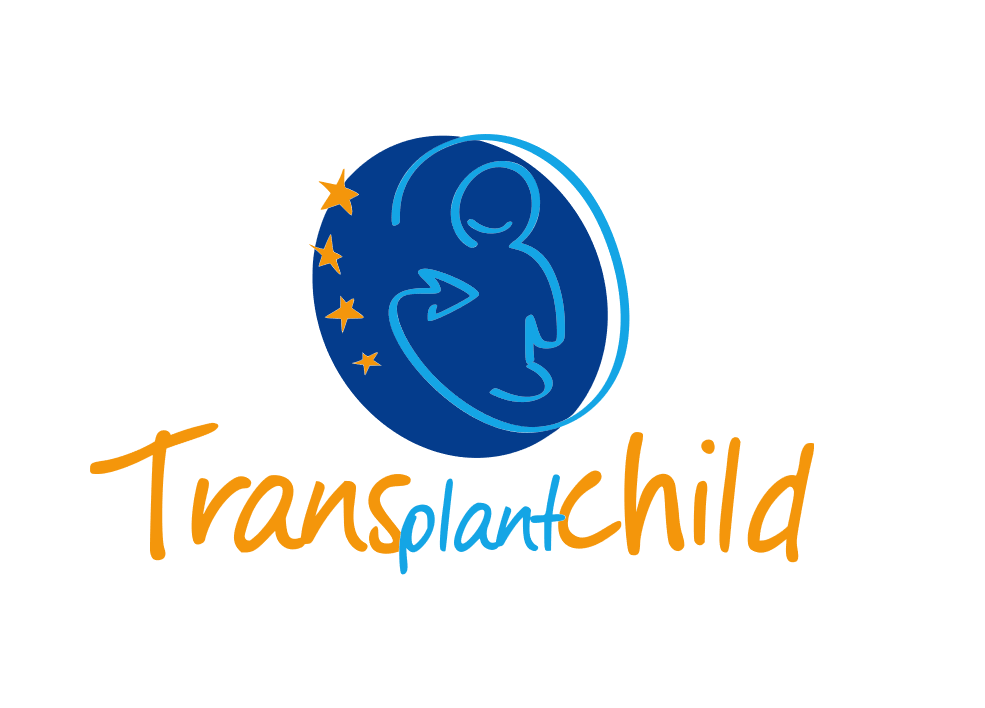- Could you please explain which has been your government lockdown policy?
Primary and secondary schools open (up to age 16 years), high schools and universities only teach on-line. Old age homes closed for all visitors. no public or private gatherings with more than 50 people. Strict adherence to social distancing everwhere. Public transportation only for people who work in hopsitals etc.
- How has the hospital activity changed to adjust to the pandemic?
Special regulations in order to allocate all available staff to ICU and adult infectious disease services, this has included reassignment of pediatric staff, in particular nurses but also doctors.
- And what about Paediatric activity? How has it been affected?
Lowered activity in the emergency room, due to fewer patients with other infections. All planned activitities cancelled or postponed or transferred to video or telephone visits. Acute and semiacute visits and surgeries can still be preformed.
- Which has been the decisions about donation and transplant program in Stockholm?
For liver transplantation no cancellations and normal activity in March, early April. From mid-April lowered activity, presumably due to fewer donors + problems with donors or recipients being Corona infected and transplantations cancelled.
- How paediatric transplant has been affected by these changes?
See #4, but so far no major alterations
- How have you managed the outpatient care for paediatric transplanted children?
Pediatric liver transplant recipients have been encouraged to come for check-ups and blood sampling.
- In your opinion, what are the main issues that may arise in the short term due to these both in transplanted or waiting list children?
Waiting list: Risk of prolonged waiting time due to organ shortage. Transplanted: Risk that parents are too afraid to bring them for check-ups
- In your opinion, is there any special measure for these patients that should be put in place now that the healthcare activity has begun?
One might consider repeated serological testing to get an idea of possible immunity.

